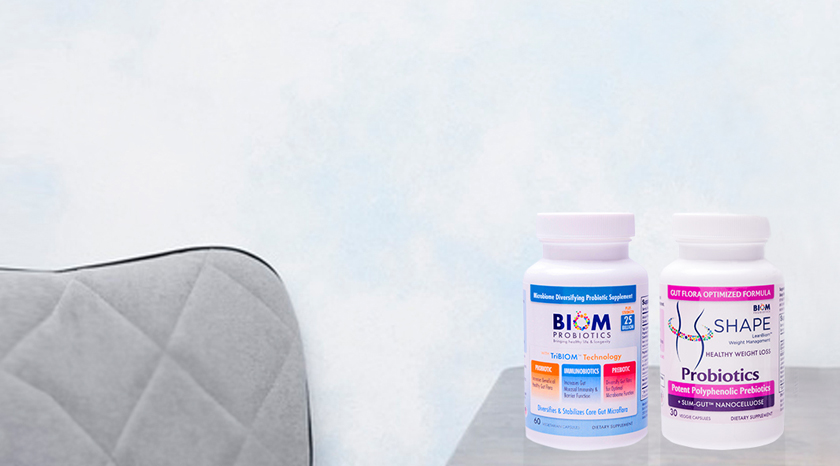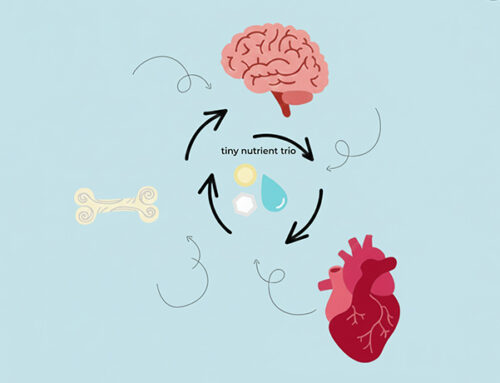Microbes present in Probiotic supplements vary. This is why it is important to know what probiotic is needed for a specific purpose.
Microbes perform different functions in your body.
What’s in the NAME?
Scientists give bacteria three names: genus, species, and strain. You’ll see something like “Bifidobacterium longum W11,”where bifidobacterium is the genus, longum is the species, and W11 is the strain.
You can think of it like a first, middle, and last name. You need all three to get it right. This matters because when scientists research how well probiotics work for a health condition, they use very specific types.
What’s in the NUMBER?
Count the Colony Forming Units (CFUs)
This will tell you just how much bacteria you are getting in each dose. How much you need varies with different types and what you are treating.
Here are 5 types of Probiotics;
1. Lactobacillus:
Lactobacillus is used to reduce diarrhea associated with infections, treatment of irritable bowl syndrome (IBS) and preventing colon cancer and inflammatory bowl disease (IBD).
May be effective in reducing body weight and inhibiting the growth of pathogenic bacteria by creating an acidic environment in the gut.
Specific stains include:
- Lactobacillus rhamnosus GG reduces the duration of infectious diarrhea and antibiotic associated diarrhea.
- Lactobacillus acidophilus reduces the symptoms of IBS and the duration of infectious diarrhea.
2. Bifidobacterium
Bifidobacterium has been shown to survive in challenging conditions in the digestive tract making it effective to consume orally.
- Bifidobacterium may reduce inflammation and exzema.
- Bifidobobacterium may also be effective in treating constipation, traveller’s diarrhea and diarrhea caused by antibiotics.
- Bifidobacterium may also lower blood cholesterol levels.
Specific Strains include Bifidobacterium breve and Bifidobacterium longum have beneficial effects in patients suffering from IBS.
3. Lactococcus
Lactococcus is a type of bacteria which is commonly added to dairy products such as milk and cheese.
Specific strains include Lactococcus lactis is beneficial in the treatment of antibiotic-associated diarrhea and has antimicrobial properties.
4. Saccharomyces
Saccharomyces are also known as brewer’s yeast of baker’s yeast, commonly used in beer, wine, kefir, and kombucha as well as supplements. Since it is a strain of yeast and not bacteria, Saccharomyces can be administered at the same time as antibiotics, potentially reducing the negative side-effects of antibiotics.
Specific strains include saccharomyces boulardii reduces the duration of infectious diarrhea and antibiotic associated diarrhea. It is also beneficial for improving IBS, IBD and ulcerative colitis. Saccharomyces cerevisiae has beneficial effects in people with IBS.
BIOM Probiotics Digestive Health Probiotics naturally balances gut flora to maintain good digestion.
Contains proprietary Probiotic Blend (10 billion CFU)
- Lactobacillus acidophilus UBLA 34
- Bifidobacterium bifidum UBBF 55
- Saccharomyces boulardii-Unique 28
Suggested Use
Take 1 capsule daily. For best results take 1 capsule after mid-day meal.





